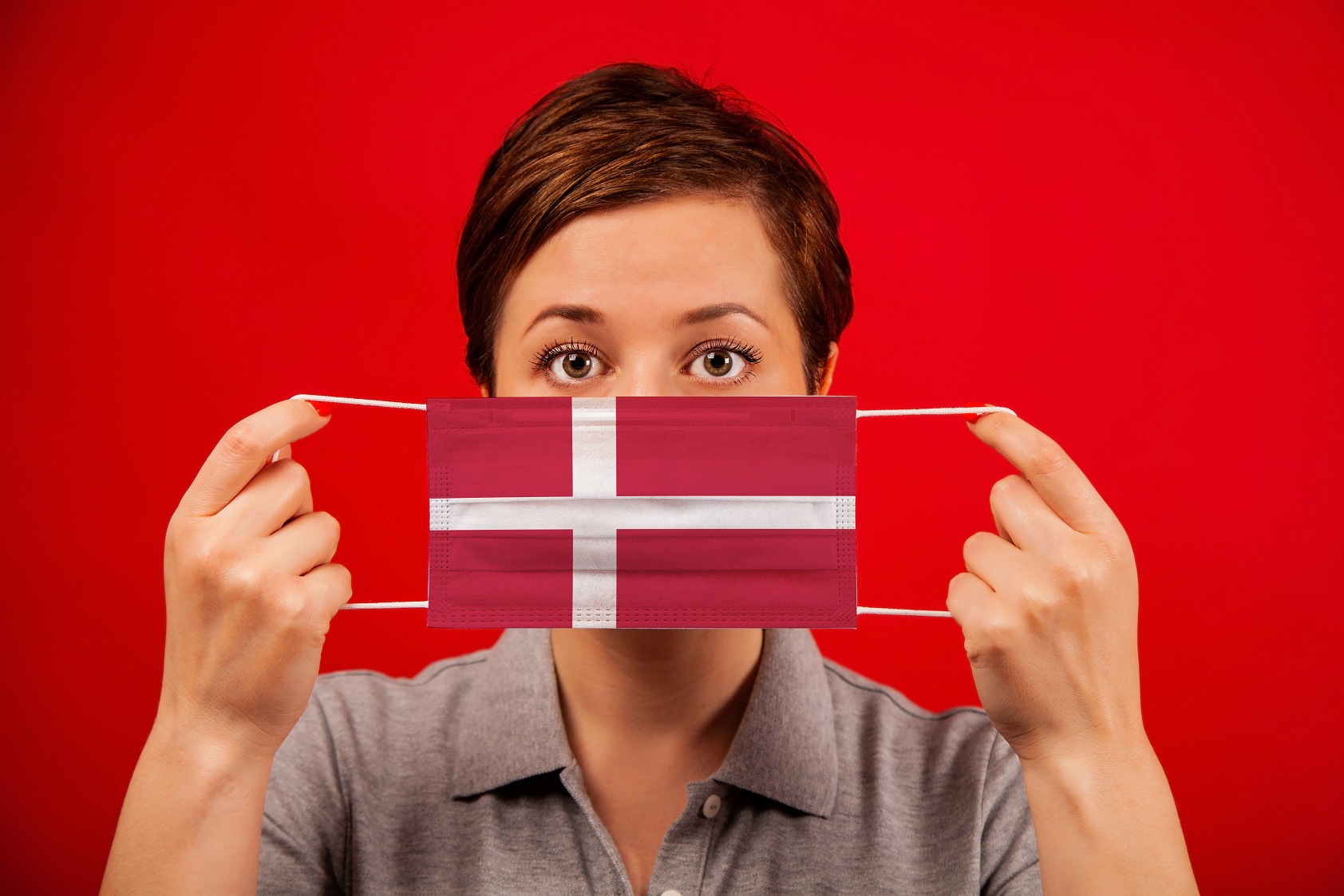 Measures taken to support taxpayers affected by Covid-19
Measures taken to support taxpayers affected by Covid-19
Under emergency legislation passed by the Danish Parliament on 12 March 2020 there is an overall power for all government authorities to dispense with all obligations of authorities, and all rights of citizens in respect thereof, for the purpose of combating the spread of infection. This would include dispensing with deadlines in the area of taxation, however no initiatives under this legislation have as yet been taken.
Specific initiatives in the area of taxation
Under legislation passed by the Danish Parliament on 17 March 2020 with immediate effect the following deferrals have been adopted:
Temporary postponement of payment of two types of withholding taxes in respect of employees:
For small and medium sized enterprises:
April 2020 payments postponed from 11 May 2020 to 10 September 2020
May 2020 payments postponed from 10 June 2020 to 12 October 2020
June 2020 payments postponed from 10 July 2020 to 10 November 2020
For large enterprises:
April 2020 payments postponed from 30 April 2020 to 31 August 2020
May 2020 payments postponed from 29 May 2020 to 30 September 2020
June 2020 payments postponed from 30 June 2020 to 30 October 2020
Temporary postponement of reporting and payment of VAT:
Enterprises paying VAT on a monthly basis (generally large enterprises) will get one month’s postponement of March, April and May 2020 reporting and payment obligations, i.e. March 2020 payment is postponed from 27 April 2020 to 25 May 2020.
Temporary extension of tax periods for VAT for small and medium-sized enterprises
Enterprises paying VAT on a quarterly basis (generally medium sized enterprises) will have VAT periods extended from 3 months to 6 months for the first half of 2020. Enterprises paying VAT on a semi-annual basis (small enterprises) will have VAT periods extended from 6 months to 12 months in 2020.
Temporary postponement of payment deadlines for provisional tax paid by self-employed:
20 April 2020 payment to be postponed to 20 June 2020
20 May 2020 payment to be postponed to 20 December 2020
All deferrals are new powers made available specifically for the purpose.
Audit Policies
All audit and compliance activities concerning direct and indirect taxes are undertaken. All employees work from home and on-site inspections of enterprises etc. has been suspended for practical and logistic reasons.
The Danish Tax Agency is currently analysing how to carry out audit activities in the coming months. This includes new activities that will be necessary in respect of the temporary economic support arrangements that are being established at Government level.
Enhanced Services
On 17 March 2020 the Danish Tax Agency opened a dedicated hotline at the disposal of enterprises for urgent enquiries.
The overall communication strategy of the Danish Customs and Tax Administration is flexible and allows for several types of measures to be taken according to circumstances. The communication has been intensified. Thus the webpage of the Danish Customs and Tax Administration www.skat.dk now has a new webpage dedicated to COVID-19 issues. In addition the Danish Tax Agency communicates through social media, press releases and directly with relevant enterprises,
Other measures in the area of taxation
The Danish Tax Agency had by 18 March 2020 reached out to 140.000 self-employed individuals encouraging them to, where relevant, revisit and alter their pre-registration of estimated expected income in 2020. This mechanism is universally available online under current legislation. In the circumstances, availing oneself of this mechanism could significantly lower or even cancel out the instalment of advance personal income tax payments that would otherwise be due on 20 March 2020.
Under the pre-mentioned legislation passed by the Danish Parliament on 17 March 2020, in addition to the deferrals described above the following measure was also adopted:
Temporary raise of tax account ceiling from DKK 200.000 (EUR 26.500) to DKK 10 mill. (EUR 1,4 mill.).
Explanation: all payments to and from Danish enterprises are conducted via the “tax account”. If an enterprise has paid in more than owed, there is a possibility to retrieve the money to the extent the balance exceeds a limit chosen by the enterprise, which may be up to DKK 200.000. The extended deadlines for payments may mean that enterprises loose the possibility to retrieve excess payments, since no new payments have been made. An enterprise may instead hold money in a bank account awaiting the postponed payment deadline, and the bank may be charging negative interest on such amounts. Temporarily raising the ceiling electable by enterprises may compensate for such negative interest.
Business continuity considerations in the Covid-19 context
An emergency team within the Danish Tax Agency was set up in the very beginning of the COVID-19 outbreak. The emergency team coordinates information coming in and going out of the Tax Agency and consists of the Director General and two directors as well as relevant experts that among others include experts in HR and communication.
An email has been set up, where employees can direct all questions regarding the COVID-19 outbreak to ensure fast and consistent answers.
Daily meetings are held at all levels in the Tax Agency ensuring that information is shared within the organization quickly. These meetings start in the morning at the highest level and continue on every management level. Additionally, updates are posted on the intranet and employees are encouraged to check for updates daily.
Scenario Planning
Production is being monitored closely and production numbers are reported to the Director General daily. In addition, all business units are asked to assess their operations and give a daily report on the status of their work to the Director General. Finally, IT systems and tax payments are monitored extensively – periodically with reporting on an hourly basis.
The emergency team that has been set up in the Danish Tax Agency is following the development in the situation and can take appropriate measures. The emergency team is responsible for reacting quickly to changes and propose new initiatives.
All employees in the Danish Tax Agency with relevant health care experience or similar are encouraged to offer their help to the health authorities or other critical societal functions. They will receive their full salary compensation and will not be required to work for the Tax Agency during this time.
Understanding critical vulnerabilities
As described, all activities are closely monitored including extensive reporting on IT systems and tax payments and daily assessments from all business units on the status of production.
Staff and taxpayer safety
Customer center services remain and are available by phone and email/chat. The Danish Tax Agency has not offered physical customer service for some years now, and therefore there is no change in the service that taxpayers are being offered. Employees of the customer center work from home, where they can access the relevant IT systems and assist taxpayers by phone.
Remote working
Since March 13, 2020 most employees in the Tax Agency are working from home. Only employees dealing with critical functions that cannot be handled remotely still work from the offices. Before this arrangement was made, employees were encouraged to prepare for such a situation by bringing equipment such as computer and phone home every day. Employees can connect with VPN connection to all IT systems that are required for them in their work. In case of problems relating to remote working, IT support has extended its opening hours so all employees can get IT assistance between 7 am - 8 pm.
Employees should report directly to line managers about changes in contact information, in case of sickness or need for caretaking leave.
Daily meetings are held at all levels in the Tax Agency ensuring that information is shared within the organization quickly. These meetings start in the morning at the highest level and continue on every management level.

Freya Hvass, Merete Helle Hansen,
Jóhanna Ellendersen Brogård, Anton Mynster Kronborg
and Erling Andersen in their online meeting
Communicating
Internal communication:
Updates on the current situation are posted on the intranet and employees are encouraged to check for updates daily. Important information is also communicated by email to all employees. Every afternoon, the Director General sends an email to all employees with a general update on the recent developments.
An email has been set up, where employees can direct all questions regarding the COVID-19 outbreak to ensure fast and consistent answers.
External communication:
Communication to taxpayers has been strengthened and is available by phone, email/chat and social media. The Government has launched tax initiatives to support business in the current situation, and information on these tax initiatives are being promoted by the communication team – e.g. by Q&A’s on the website and LinkedIn in order to preempt the many questions that arise. In addition, a direct hotline has been established specifically for Danish companies, in order to provide them guidance and answers on these urgent matters.
Communication staff from the Danish Tax Agency is supporting other agencies in the Danish Customs and Tax Administration (such as Property Assessment Agency and Debt Collection Agency).
Final remark - March 23, 2020:
Based on feedback from across the organisation, the initiatives mentioned above are effective and function as intended. Although most employees work remotely, the daily work of the Tax Agency continues and employees help each other out whenever needed.
In case you have any document of information which you find worth to share regarding the actions, measures or concrete experiences in countering the crisis, please do not hesitate to upload it to the subpage focusing on Covid-19 Crisis Support on IOTA website in order to share it with other members.
